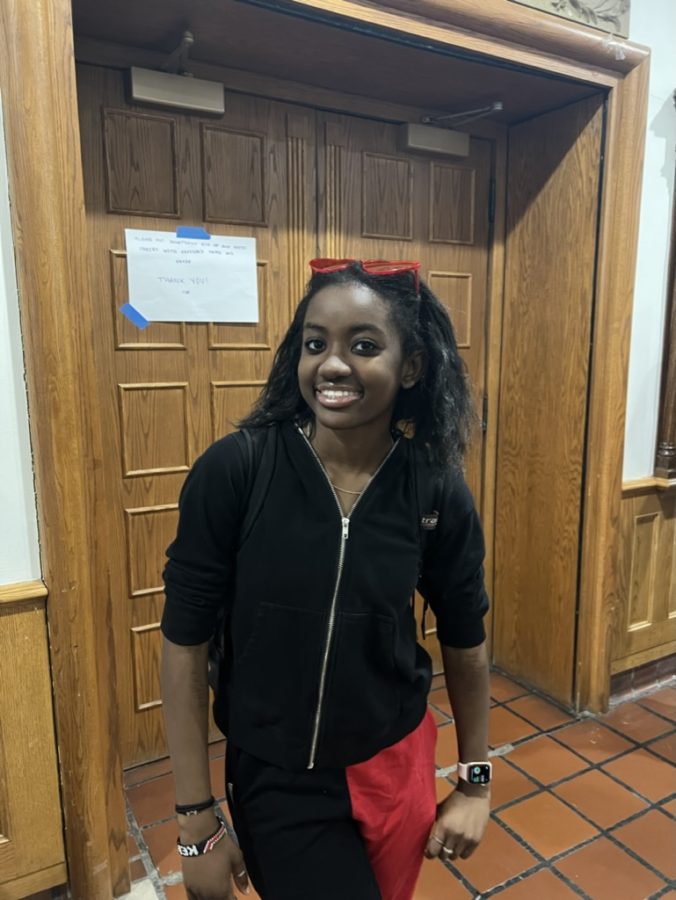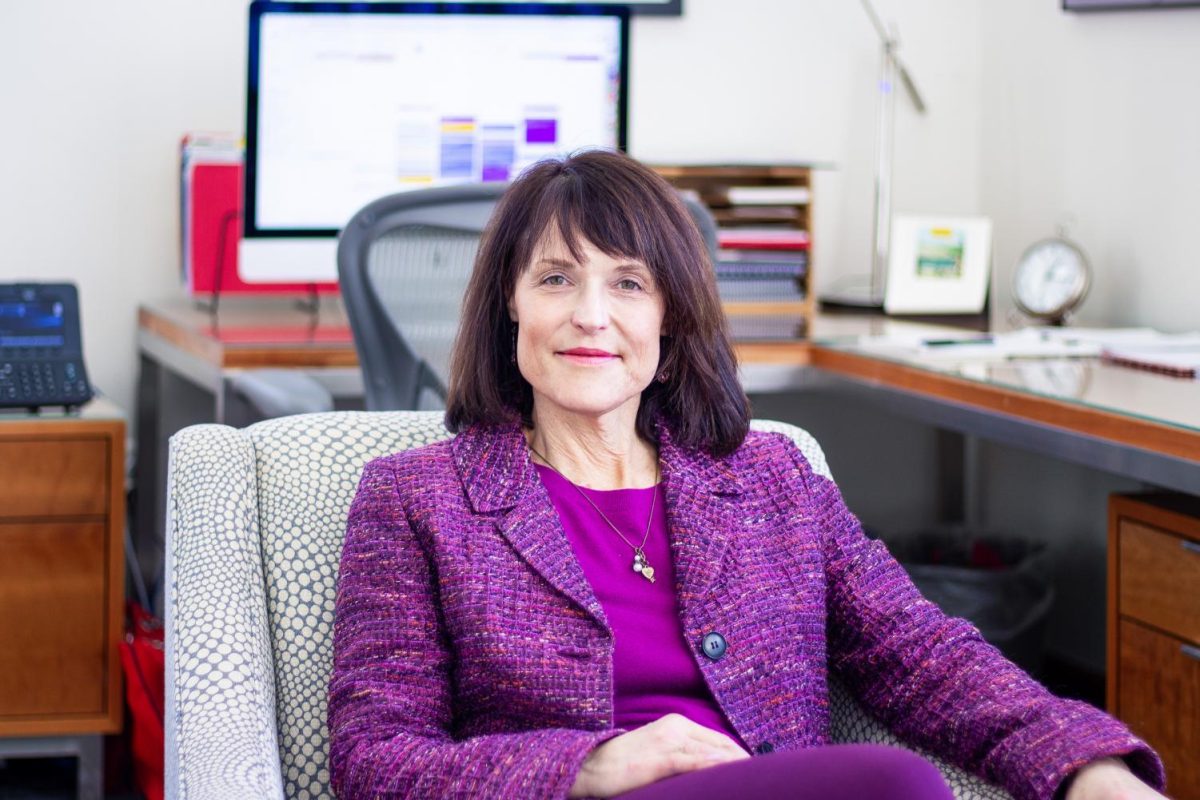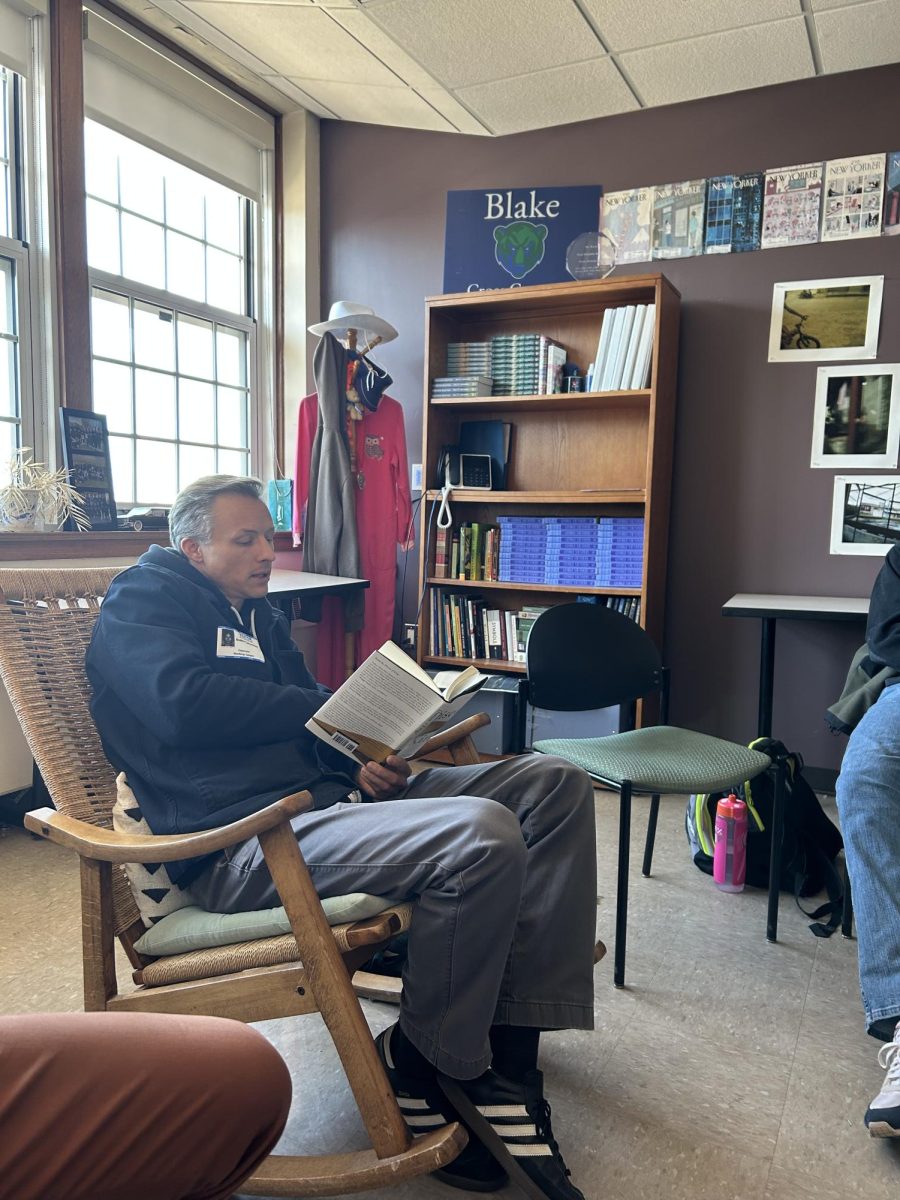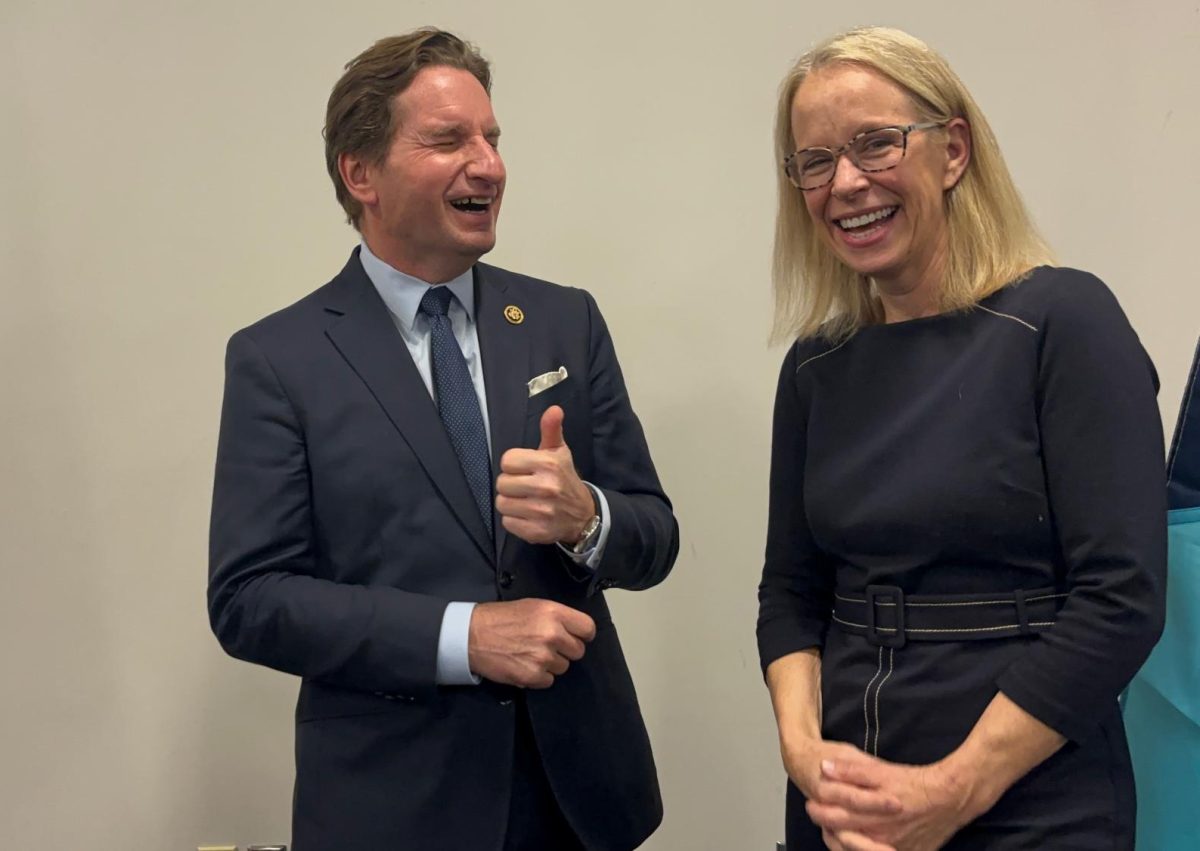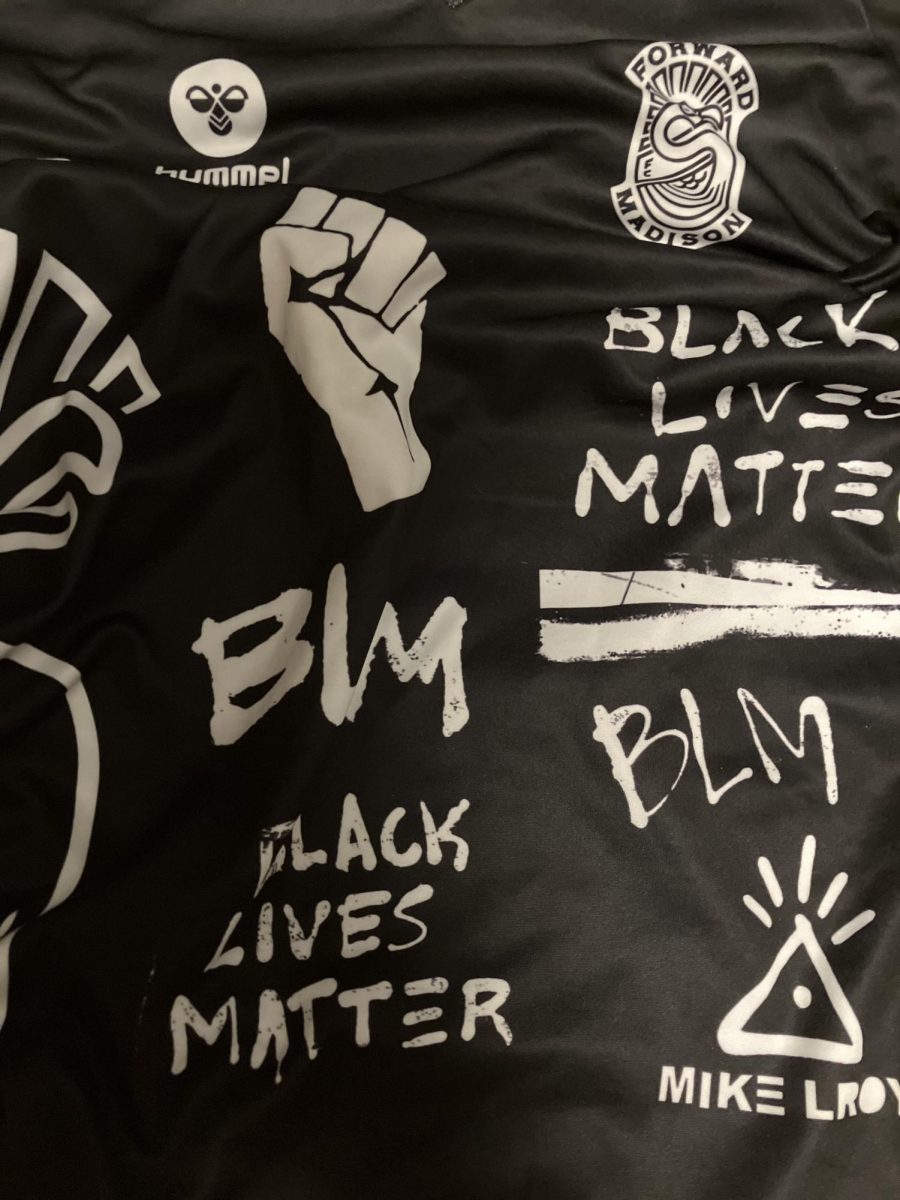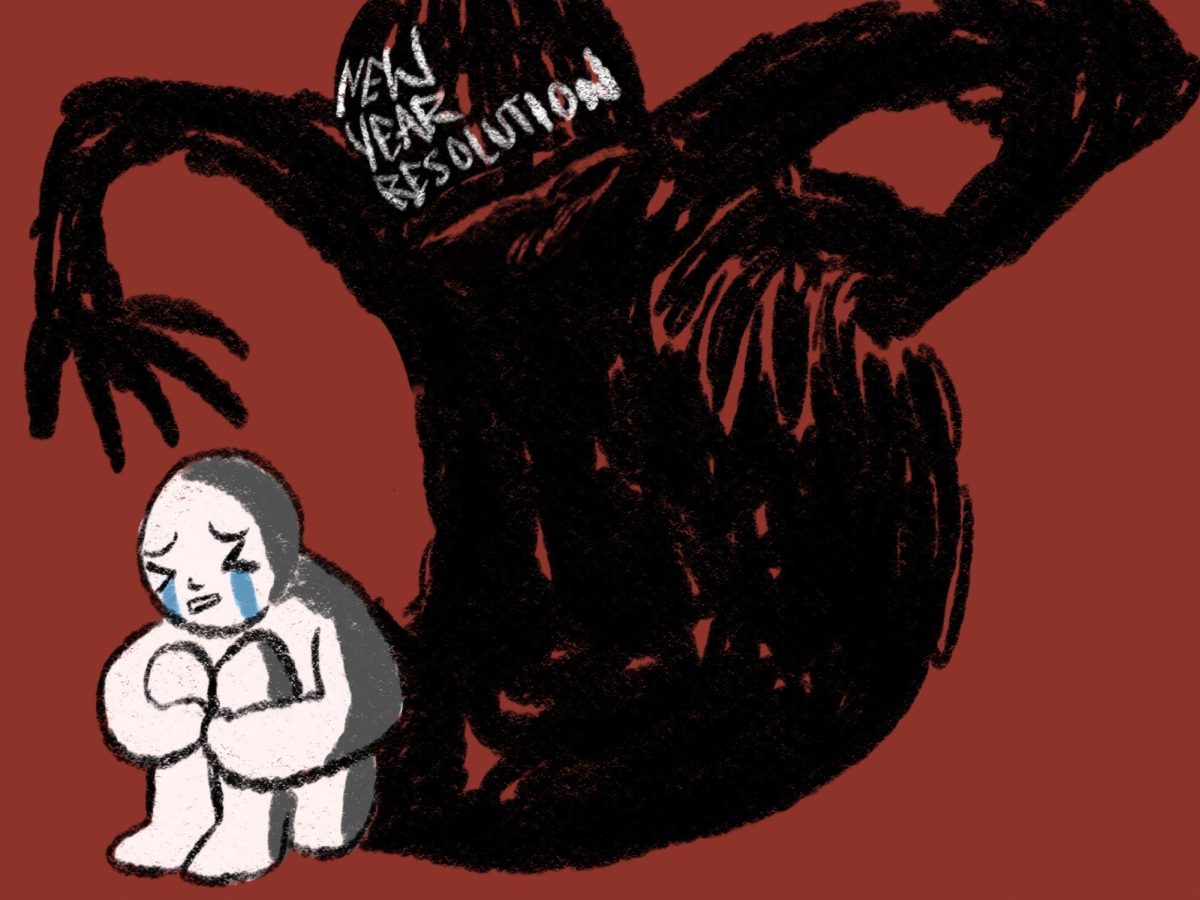“I just wanted to call my mom,” said Macaella Sikhoya ‘25, a witness to the Mall of America shootings. The Mall of America has been no stranger to darkness, with prevalent issues such as sex trafficking, specifically on the third-floor women’s bathroom, and child endangerment. The recent surge in gun violence, however, is something completely new for the mall. Sikhoya was present for not one, but two shootings at the Mall of America taking place in the span of six months.
On Aug. 4, 2022, Sikhoya witnessed her first shooting. “I went for my birthday,” said Sikhoya. She and her family were celebrating at Cadillac Ranch when at 4:16 everything changed. “We heard this big boom and then our server was like ‘everyone needs to get inside, like get inside the store’… we were just rushed inside and we were just sitting there not really knowing what was going on,” said Sikhoya who doesn’t “think I was really [thinking].” Sikhoya added that “As a kid, you always heard of these kinds of things happening like ‘oh there was a shooting here’ but it’s a lot different when you actually experience it. So I guess what was going through my mind was ‘this is actually happening right now. You have no control of what you can do, you just have to do what is being told.’…the lack of control is kind of what shook me.”
On Dec. 23, Sikhoya witnessed her second Mall of America shooting, but this time, she was in Nordstrom – the location of the shooting .“Where the shooting happened and where it was, I was there with my cousins literally 30 seconds prior,” Sikhoya explained. “We walked away and we just heard this “boom boom” and we just saw everyone sprinting to the back of the store. So we just kind of followed everyone else and then, because Nordstrom has a little cafe so we were taken through the back of the kitchen and all throughout these secret tunnels almost so that I guess they could get the police in there and the EMTs and everything.” Not only was being in Nordstrom during the shooting more chaotic, it was also more intense. Sikhoya, “saw the guy getting CPR and we saw his friends around him crying, that definitely was a different and scarier experience.”
Director of Equity and Community Engagement Tyneeta Canonge says that “the Mall of America shooting is a symptom of a bigger problem that we have in the world around gun violence… It’s a whole trail. If I am making a product and I’m mass producing this product and have no responsibility about who gets it, then that’s something that I think we really need to think about. There are a lot of theories about where regular people on the streets acquire guns illegally and so we have to kind of follow the trail. And so yes there is a lot of illegal activity surrounding folks getting guns, children getting guns.”
Immediately after the shootings, the Mall of America installed metal detectors by the entrances and implemented bag checks but as of now, these are gone. Canonge commented on the nature of these solutions stating that “it’s not a metal detector at the Mall of America. That’s not the solution for this giant systemic problem. And so I think these solutions are easy, but I think if we were really serious about the safety of our citizens in this country… it wouldn’t be as difficult to legislate or to control guns.”
Much like other instances of gun violence, immediately after the shootings, there was an outcry for attention to gun violence. However, approximately a month after the Dec. 23 shooting, nothing is being discussed. This is when the band-aid solutions come into play. Sikhoya noticed that metal detectors were put into place after the Aug. 4 shooting, but by the December shootings, they were gone.
While it may seem difficult to help with a large issue such as gun violence, there are ways. Canonge says that “We have to do more than just talk… I would love to set some goals and action steps… We can invite speakers in, we can invite legislators in to help us understand the complexities of the conversations that they are having.” Canonge placed a heavy emphasis on the future. As students, the responsibility for change is placed on what we choose to do in the future. Canonge suggested voting for candidates that align with your goals and working for organizations that contribute to the conversation.
Gun violence impacts everyone differently. Sikhoya shared that “my cousin was shot dead in November. So just seeing all of these shootings happen repeatedly it’s just like, obviously I knew gun violence was an issue before but now that it’s really hit home and I’ve been there, someone in my family has died. Now it kind of makes me angry I guess. There is so much that can be done but because it’s not an issue that’s talked about enough or it’s talked about for a little bit but then people forget about it. It gets kind of frustrating sometimes.” Gun violence impacts everyone, even though it’s not always visible. “We have students that live in neighborhoods and have friends who have passed due to gun violence. We are all impacted by it.” says Canonge who continued to open up about her experience with gun violence, “Personally I have lost four family members to gun violence, all murders. One was an assassination by a police officer that was involved in illegal activity, and my cousin reported the illegal activity so the police officer put a hit on her in front of her house in front of her children. It impacts us all. The ripple effect, none of her children are okay. They’re all adults. They have families of their own, and I can see the impact of them losing their mom… It was the youngest daughter’s day before her birthday and mom was preparing to have a party. They had to pick her brains up off the ground. It was awful. That impacted the whole community. Everyone knew, the whole city.”
As for the system of gun violence, Canonge encourages students to “think about who has power and whose interests are we protecting? It’s not necessarily the lives of those babies. It’s not the people who keep getting shot up in nightclubs. It’s not the people who are shopping in malls. It’s not the people who are on the street… we produce frustration and anger and then we go back to our lives.”
Sikhoya also commented, stating that “it deserves more than a band-aid or to be talked about for a little bit and then be brushed aside. People lose lives. Their families are never going to be the same again and just because it doesn’t affect you personally, doesn’t mean that you shouldn’t care about it.”


